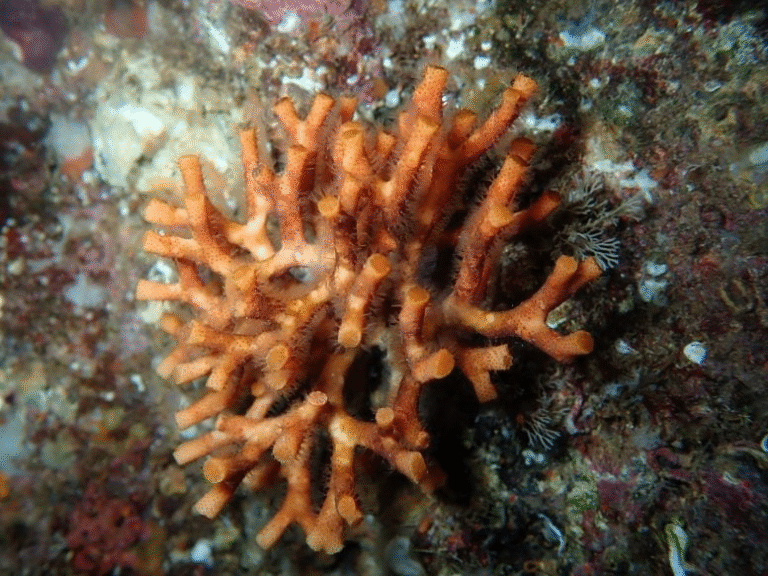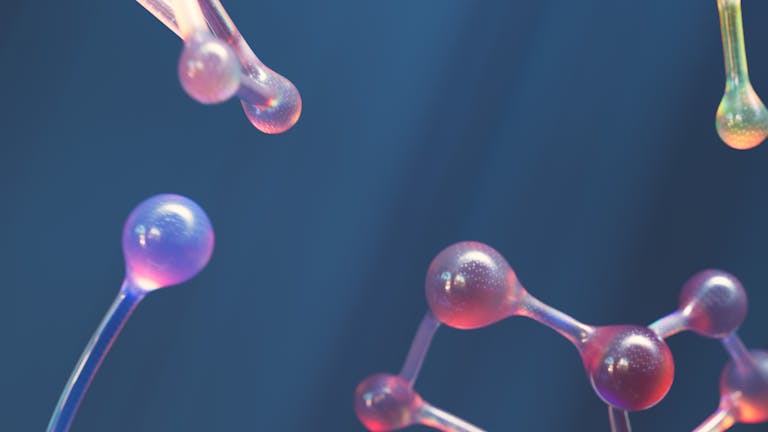Plant Waste Biochar Could Make Concrete Stronger and Greener
Concrete is everywhere—roads, sidewalks, houses, high-rises—and it all relies on cement as the key ingredient. But cement has a huge environmental cost: its production contributes about 8–10% of global greenhouse gas emissions. Researchers at the University of Saskatchewan (USask) have been working on a possible solution. Their idea is to partially replace cement with biochar, a carbon-rich material made from plant waste.
What is Biochar?
Biochar is produced when plant waste, such as flax straw or wheat straw, is burned in a low-oxygen environment. Instead of leaving this non-edible crop residue on fields or letting it go to landfills, it can be converted into a fine material that locks in carbon and has properties that could benefit concrete. By incorporating biochar into cement, researchers aim to both reduce the use of cement and trap carbon in construction materials, making the process more environmentally friendly.
The Research Details
The study, published in Scientific Reports in 2025, tested the performance of concrete with varying amounts of biochar added. The team replaced 0–5 weight percent (wt%) of cement with biochar derived from waste softwood biomass. Unlike many concrete enhancement methods, this approach did not require any petroleum-based superplasticizers.
The results showed that the optimal amount of biochar is 2 wt%. At this level, the concrete had several significant improvements compared to regular cement mixtures:
- Compressive strength increased by 18.95%.
- Splitting tensile strength improved by 19.64%.
- Flexural load at fracture increased by about 12%.
- Water absorption was lowest, showing reduced porosity.
When biochar levels exceeded 2 wt%, however, the concrete’s strength and durability began to decline because higher amounts introduced more porosity. This shows that while biochar is beneficial, its concentration must be carefully controlled.
Why Does It Work?
Using advanced tools at the Canadian Light Source, a synchrotron facility at USask, the researchers examined the microstructure of the biochar-enhanced concrete. They found that the addition of biochar encouraged the formation of more calcium-silicate-hydrate (C-S-H) hydration products, which are crucial for the strength and durability of concrete. This microstructural improvement is the key reason behind the strength gains observed.
The team combined standard destructive and non-destructive testing with synchrotron-based micro-computed tomography to confirm these findings and to study volumetric changes in the material.
Current and Future Testing
So far, the experiments have evaluated concrete strength and durability for up to 56 days. While the short-term results are promising, concrete in real-world structures needs to last decades—50 to 70 years or more. Because of this, the next stage of research will focus on long-term performance testing over one or two years. This will show whether biochar continues to provide strength benefits and durability over the lifespan of typical infrastructure.
Environmental and Industry Implications
This approach to concrete production could make construction more sustainable in several ways:
- Lower cement demand reduces greenhouse gas emissions from cement plants.
- Carbon is locked into concrete structures, helping offset emissions.
- Crop residues like flax and wheat straw, usually discarded or left on fields, gain a useful application.
Together, these benefits could lead to concrete that is both stronger and greener, potentially transforming how roads, sidewalks, buildings, and other infrastructure are built.
Looking Ahead
While challenges remain in testing long-term durability and scaling up production, the research highlights an innovative pathway for the construction industry to cut emissions without sacrificing performance. If results continue to hold up, biochar could become a practical, sustainable additive in the global push for greener concrete.
TLDR
Researchers at the University of Saskatchewan found that replacing 2% of cement with biochar from plant waste improves concrete’s strength, reduces porosity, and locks carbon. This method could cut cement emissions and make concrete greener, though long-term tests are still needed.
Research Paper: Study of biochar in cementitious materials for developing green concrete composites





